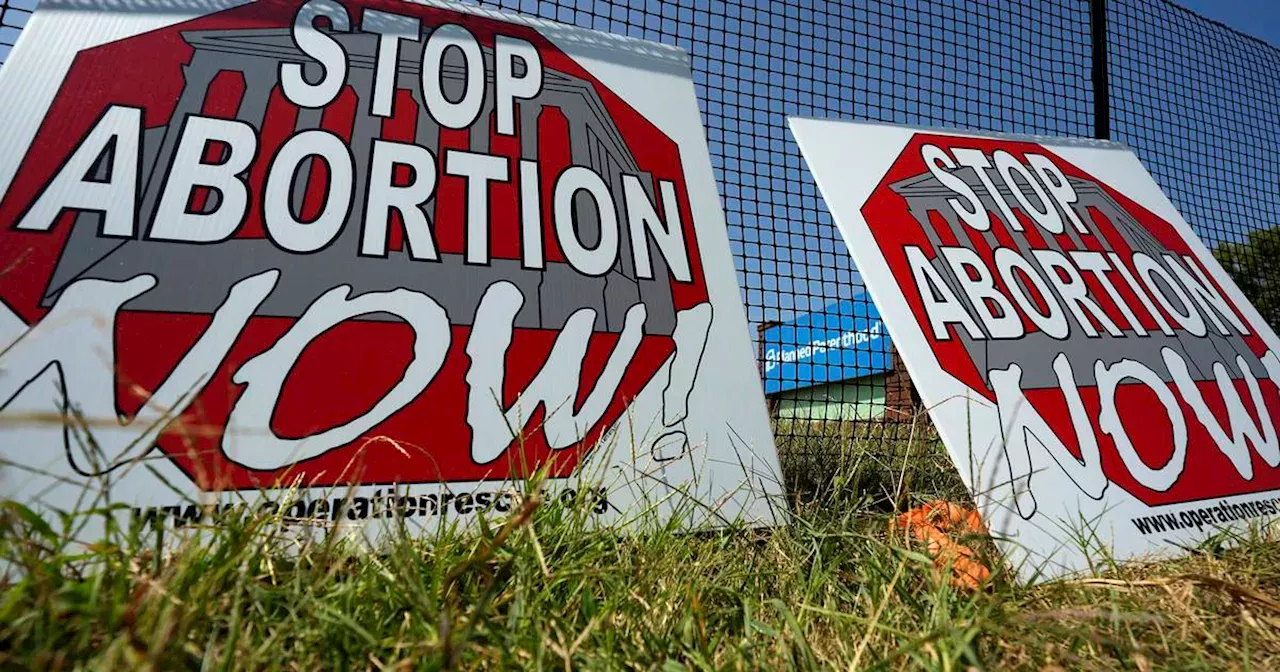Taylor Swift holds a position of saintly reverence in the halls of western femininity. She’s generous, charitable, a hopeless romantic, a creator of beauty — an icon of virtue and wholesomeness in an age that tolerates such things less and less. So it’s all the more dreadful that Swift and her fans have become targets of terror.
First was a morbid knife attack that struck a Swift-themed dance class in Southport, England on July 29, robbing three girls of life: six-year-old Bebe King, seven-year-old Elsie Dot Stancombe and nine-year-old Alice da Silva Aguiar. Eight children and two adults were injured. The next day, Swift released a statement describing her own shock on Instagram: “The loss of life and innocence, and the horrendous trauma inflicted on everyone who was there.

...
These were just little kids at a dance class. I am at a complete loss for how to ever convey my sympathies to these families.” The stabber, 17-year-old Axel Rudakubana from Wales (born to Rwandan parents, but not an immigrant nor Muslim as rumours initially claimed), was not treated as a terror suspect by police.
Still, beyond the human-scale suffering he unleashed that day, Rudakubana tore at the fabric of society the way a terrorist does. Safety with the community, respect for the preservation of innocence and freedom to self-express in peace are essential pillars for any culture that respects women. The attack sent cracks up the columns.
Parents wondered: What next? It didn’t take long for an answer. A second disaster was narrowly averted the next week with the foiling of a terror plot at Swift’s Austrian tour stint, from Aug. 8 to Aug.
10. Three Austrian-born young men — aged 19, 17 and 15 — were arrested the day before the first of the now-cancelled concerts were set to play. The oldest had been researching how to make bombs and storing chemicals at his apartment, where police also found al-Qaida and ISIS materials.
The second-eldest worked for a company that was contracting at the venue. The plan, told to police in a confession, was to kill a large number of concertgoers with knives and explosions in a suicide attack. It’s obvious, in a dreadful way, why they would choose Swift.
She’s American royalty, possessor of the ideals so many aspire to embody. She’s also a cultural product, evidence of a greater economic machine. Even if you don’t like her music, you can probably appreciate her symbolic value and her ladylike public image.
Even if she has collaborated with the odd musical stripper , she largely avoids the very worst of the industry. And that’s why an attack on the Taylor Swift fandom is an attack on something bigger. We expect, on a very deep level, that girls and young women are kept near the warm, safe centre of society, far away from the lawless frontier.
Not out of sexism, but out of love and care. When violence creeps from the margins into the places girls congregate to celebrate art, it’s a sign that very critical defences have failed. It starts with collateral damage, as rising disorder forces more and more restrictions on female public life, and ends with the absolute horror that would have been witnessed in Vienna if not for the work of police intelligence: the blatant targeting of our historically most precious demographic.
Indeed, such a security failure is Swift’s worst fear, a tidbit she disclosed in a 2019 magazine interview. “After the Manchester Arena bombing and the Vegas concert shooting, I was completely terrified to go on tour ..
. I didn’t know how we were going to keep three million fans safe over seven months,” she said. “There was a tremendous amount of planning, expense, and effort put into keeping my fans safe.
” Swift’s team is trying its best to make the rest this year’s tour proceed as normal, but things will be different after the near-miss. There will be more ticket checks when she performs on Thursday in London, and no one will be allowed to camp overnight to reserve a spot in line. Doors will open earlier.
And anyone without a ticket won’t be able to stand outside the stadium. In all this is a lesson. Swift has taken her share of criticism, particularly from some clades of conservatism looking for a lightning rod to ground their blame.
Hyper-traditionalists don’t like her modern multiplicity of ex-boyfriends. Lyrically challenged folks mistake her contempt for male feminist behaviour as general prejudice for all men. Politics followers on the right know that she endorsed Joe Biden for the presidency in 2020, and no doubt some resent her for it.
But it looks petty and weak, and, now that she’s become somewhat of a terror target, it risks coming across as downright deranged. It’s tempting to scapegoat the cheerleader, but you really shouldn’t . Swift is a canary in our cultural coalmine, and a measuring stick for all that is normal in our world — particularly the feminine half.
National Post.



















